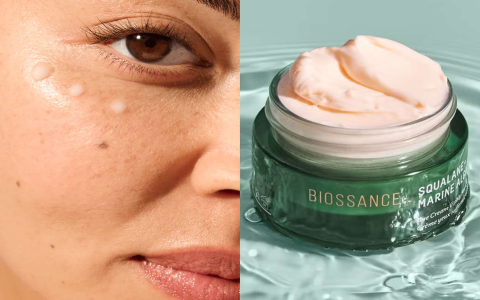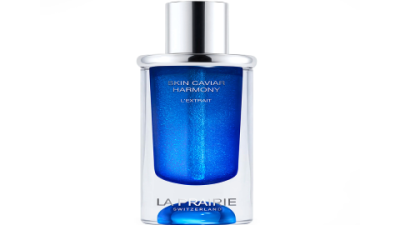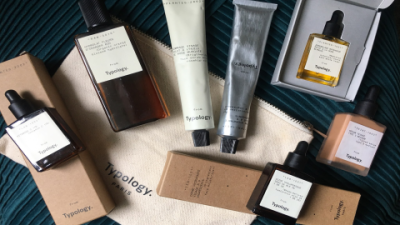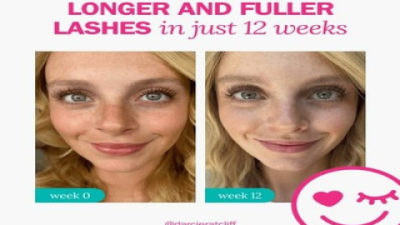Let me tell you something - I've been down this rabbit hole more times than I care to admit. Standing in the skincare aisle, squinting at tiny print on expensive tubes, wondering if I'm about to waste another $ on something that might not even work. The whole eye serum versus eye cream debate? It's honestly exhausting.
But here's what I've learned after talking to way too many dermatologists (and making quite a few expensive mistakes along the way): both products actually have their place. I know, I know - not the clear-cut answer you were probably hoping for. Trust me, I wanted a simple "this one wins" answer too.
The Real Deal About Eye Serums
Eye serums are basically the overachievers of the skincare world. They're lightweight, they absorb fast, and they're packed with active ingredients - sometimes almost aggressively so. Think of them as that friend who gets straight to the point without any small talk.
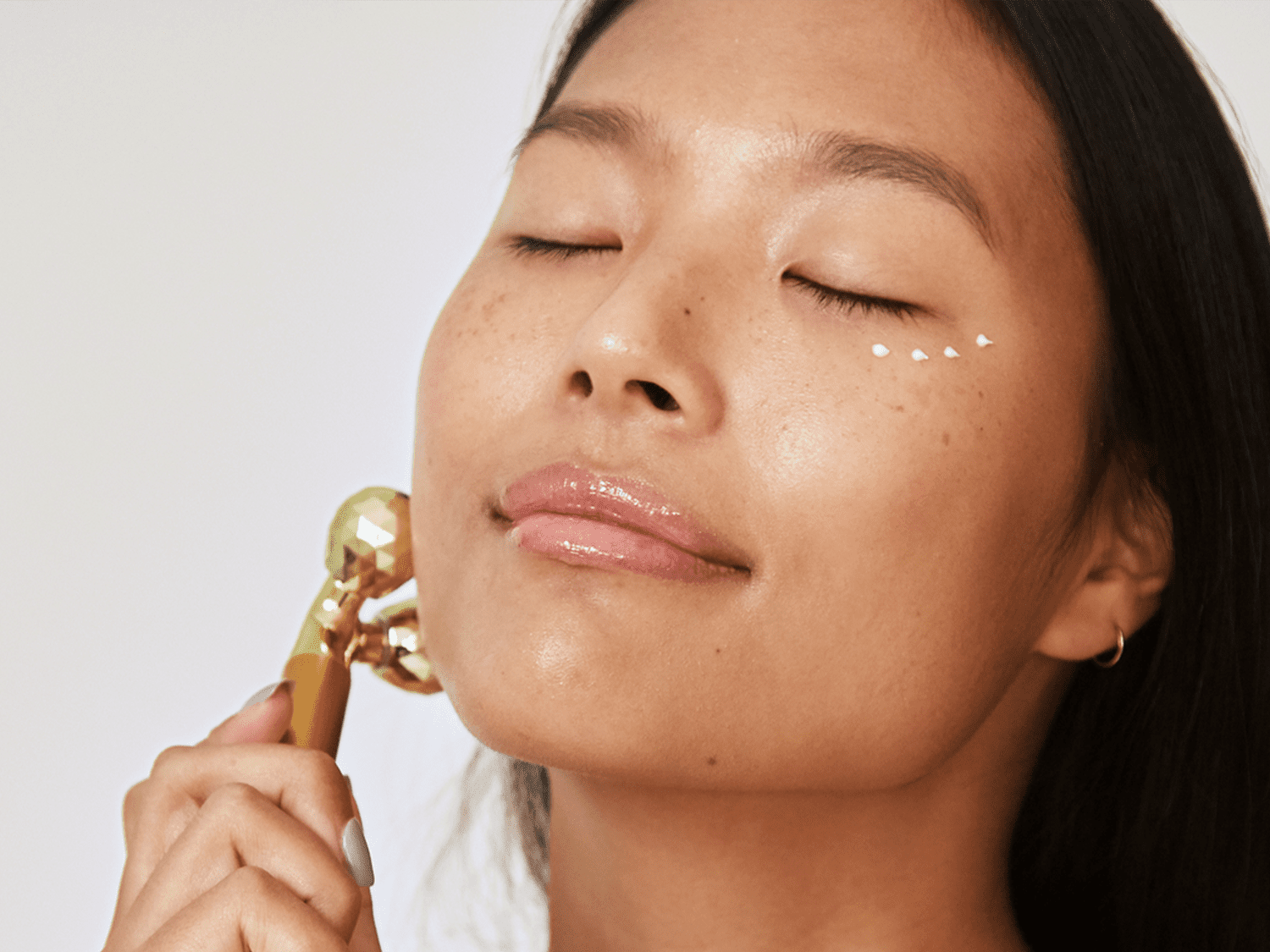
What makes them different? Well, the molecules are smaller, so they can actually get deeper into your skin. This is great when you've got specific issues you want to tackle - like those dark circles that make people ask if you're feeling okay, or fine lines that seem to appear overnight (seriously, where do they even come from?).
I remember when I first tried a vitamin C eye serum. The texture was almost watery, and I kept thinking I wasn't using enough. But within a few weeks, I actually noticed my under-eye area looked brighter. Not miracle-level transformation, but enough that my sister commented on it.
The thing about serums is they're all business. They don't mess around with heavy moisturizers or fancy textures. If you've got oily skin like I do, this can be a blessing. No weird bumps, no feeling like you've slathered petroleum jelly under your eyes.
Eye Creams: The Comfort Food of Skincare
Eye creams are completely different animals. They're like that cozy sweater you reach for when you need comfort - thicker, richer, more... well, more everything really.
My mom swears by her eye cream. She's been using the same one for probably fifteen years, and honestly? Her skin looks pretty great for someone in her sixties. But when I tried it, it felt way too heavy for my skin type. Took forever to absorb, and I looked like I had slugs under my eyes until it finally settled in.
That's the thing though - eye creams aren't trying to be fast-acting treatment solutions. They're more about protection and long-term maintenance. Kind of like how you wear a jacket not because you're cold right now, but because you might be cold later.
The ingredients in eye creams work differently too. Instead of trying to penetrate deep and fast, they're more focused on sitting on top of your skin and creating a protective barrier. This actually makes sense when you think about it - the skin around your eyes is ridiculously thin and doesn't have the same oil glands as the rest of your face.
So Which One Should You Actually Choose?
Okay, here's where it gets personal. And honestly, a little complicated.
If you're dealing with specific problems - dark circles, fine lines, that sort of thing - serums are probably your best bet. They're designed to target issues head-on with concentrated ingredients. I've seen people get real results with peptide serums for lines and caffeine serums for puffiness.
But if your main concern is just keeping the eye area healthy and preventing problems before they start, an eye cream might be more your speed. Especially if you have dry skin or live somewhere with harsh weather. (I learned this the hard way during a particularly brutal Chicago winter.)
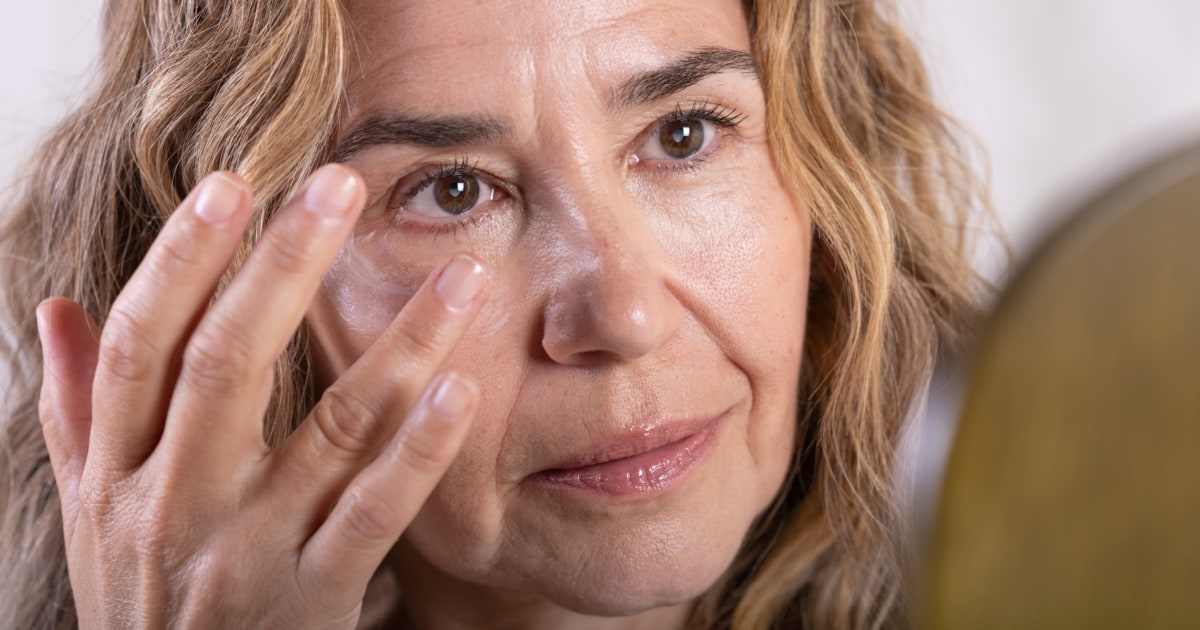
Here's what nobody tells you though: you can use both. I know, revolutionary concept. Apply the serum first, wait a minute or two for it to absorb, then follow with a light eye cream. It sounds like overkill, but it actually works pretty well if you've got multiple concerns.
The Mistakes Everyone Makes
Can we talk about application for a second? Because I see people doing this wrong all the time, and it's painful to watch.
First off, you don't need much. Like, seriously. A grain of rice amount for both eyes combined. I used to glob on way too much product thinking more would equal better results. All it did was create those annoying little white bumps (milia, if you want to get technical) and make my concealer slide around.
And please, for the love of all that's holy, be gentle. The skin under your eyes is delicate. Use your ring finger - it naturally applies the least pressure. Tap, don't rub. I learned this from a makeup artist who was horrified watching me aggressively rub cream under my eyes like I was trying to erase something.
What the Experts Actually Say
I've had the chance to chat with a few dermatologists about this whole serum versus cream thing, and their take is refreshingly practical. Most of them don't really care which one you use, as long as you're using something consistently and it contains decent ingredients.
Dr. Sarah Chen, a dermatologist I interviewed last year, put it this way: "The best eye product is the one you'll actually use every day." She's not wrong. I've got a drawer full of expensive products I used maybe three times before forgetting about them.
What they do care about is sun protection and consistency. Apparently, the eye area ages faster than anywhere else on your face because it's constantly moving and gets hit with UV rays that bounce off surfaces. Who knew?
Ingredients That Actually Matter
Let's get real about ingredients for a minute. The skincare industry loves to throw around fancy-sounding compounds that may or may not do anything useful.
For dark circles, caffeine actually works. It's not just marketing hype. I was skeptical until I tried it myself - there's something satisfying about putting caffeine on your face when you haven't had your morning coffee yet.
For fine lines, look for peptides or retinol. But start slow with retinol - I made the mistake of diving in headfirst and ended up with angry, peeling skin for a week. Not a good look.
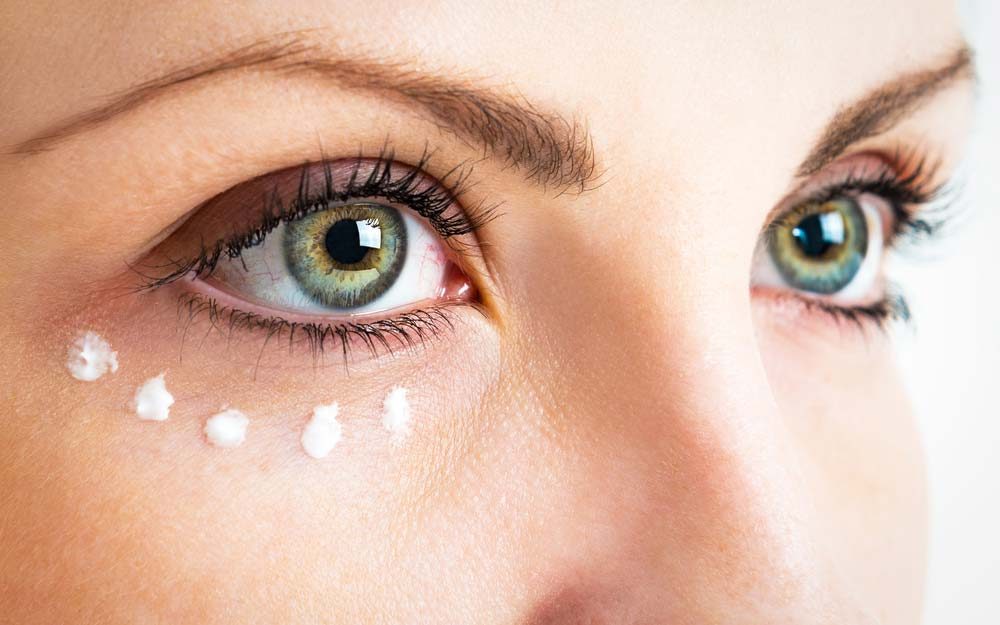
Hyaluronic acid is great for plumping up the skin temporarily. It won't work miracles, but it can make things look a bit smoother for a few hours. Kind of like a push-up bra for your under-eye area, if that makes sense.
Building Your Routine (Without Going Crazy)
Here's my current routine, which has evolved through years of trial and error:
Morning: Light vitamin C serum, followed by a basic moisturizing eye cream if my skin feels dry. Takes maybe two minutes total.
Evening: Depending on how my skin looks, either a peptide serum or a retinol cream (never both - learned that lesson the hard way). Sometimes I skip it entirely if I'm tired or my skin seems irritated.
The key is not overthinking it. I used to have this elaborate routine with six different steps, and honestly? My skin didn't look any better than it does now with this simplified approach. Sometimes less really is more.
Common Questions (That I Had Too)
Can I just use my regular face moisturizer around my eyes?
You could, but probably shouldn't. I tried this for a while because I'm cheap, but regular face products can be too harsh for the eye area. Plus, they're not formulated for the specific concerns you might have there.
When should I start using eye products?
Honestly? Earlier than you think. I wish someone had told me to start in my mid-twenties instead of waiting until I actually noticed problems. Prevention is so much easier than trying to fix things after the fact.
Do expensive products work better?
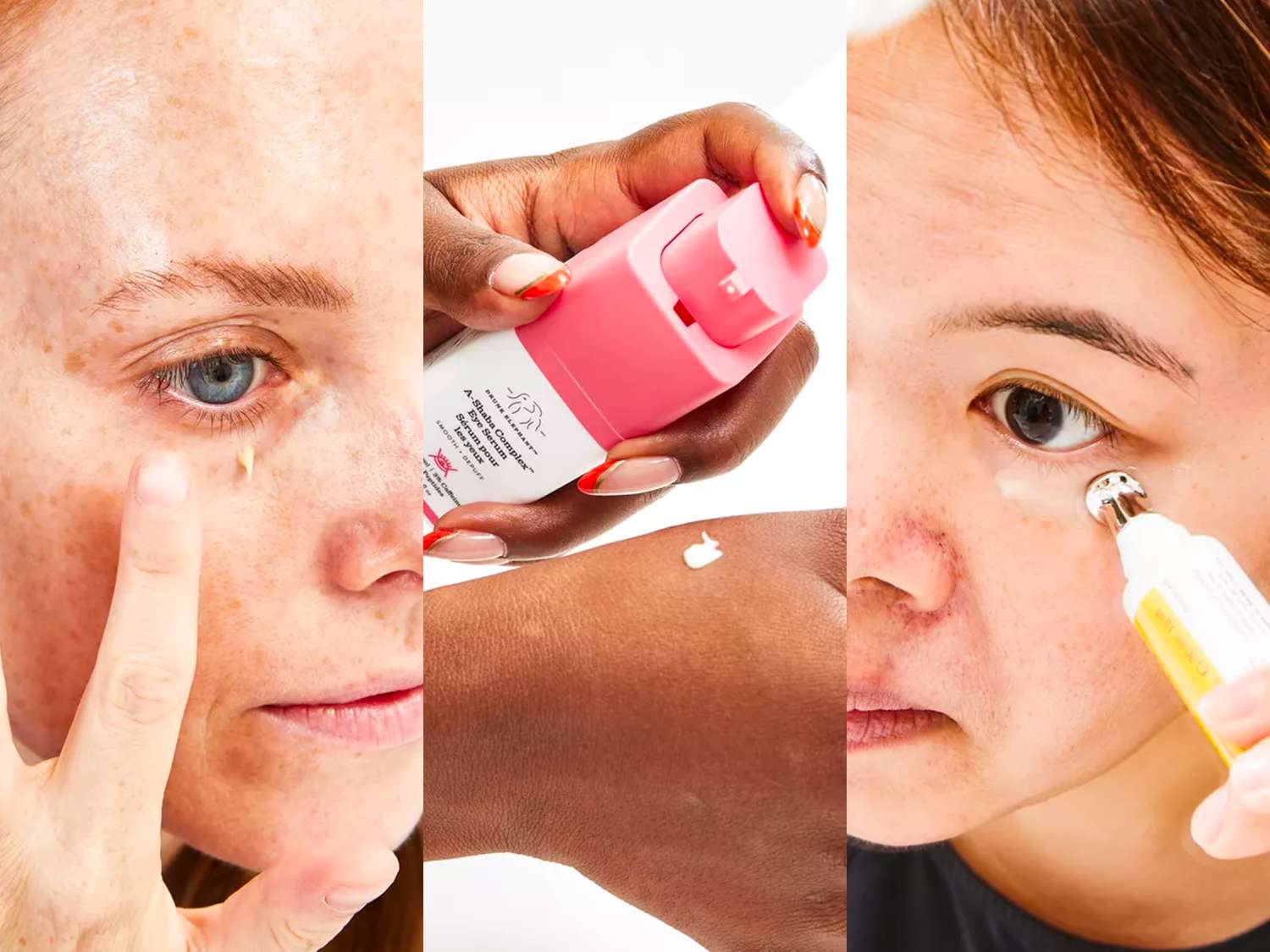
Not necessarily. Some of my favorite products are drugstore finds. The most expensive eye cream I ever bought (won't name names, but it was over $200) worked exactly the same as a $ alternative I found later. Marketing budgets don't equal better ingredients.
What about those fancy tools - jade rollers, gua sha, whatever?
They feel nice, but they're not going to dramatically change your life. I have a jade roller that I use occasionally because it's relaxing, not because I expect it to cure my under-eye bags. Managing expectations is key here.
The Bottom Line
Look, there's no perfect answer to the serum versus cream question. It really depends on your skin, your concerns, your budget, and honestly, what you can stick with consistently.
My advice? Start simple. Pick one product - either a basic eye cream or a gentle serum - and use it for at least six weeks before deciding if it's working. Your skin needs time to adjust and show results.
And remember, skincare isn't about perfection. It's about taking care of yourself in a way that makes you feel good. If that means a $ drugstore eye cream that you actually remember to use, then that's infinitely better than a $ serum sitting unused in your bathroom cabinet.
The most important thing? Don't let the marketing noise stress you out. Your skin is unique, and what works for your friend or that influencer on Instagram might not work for you. And that's totally okay.
